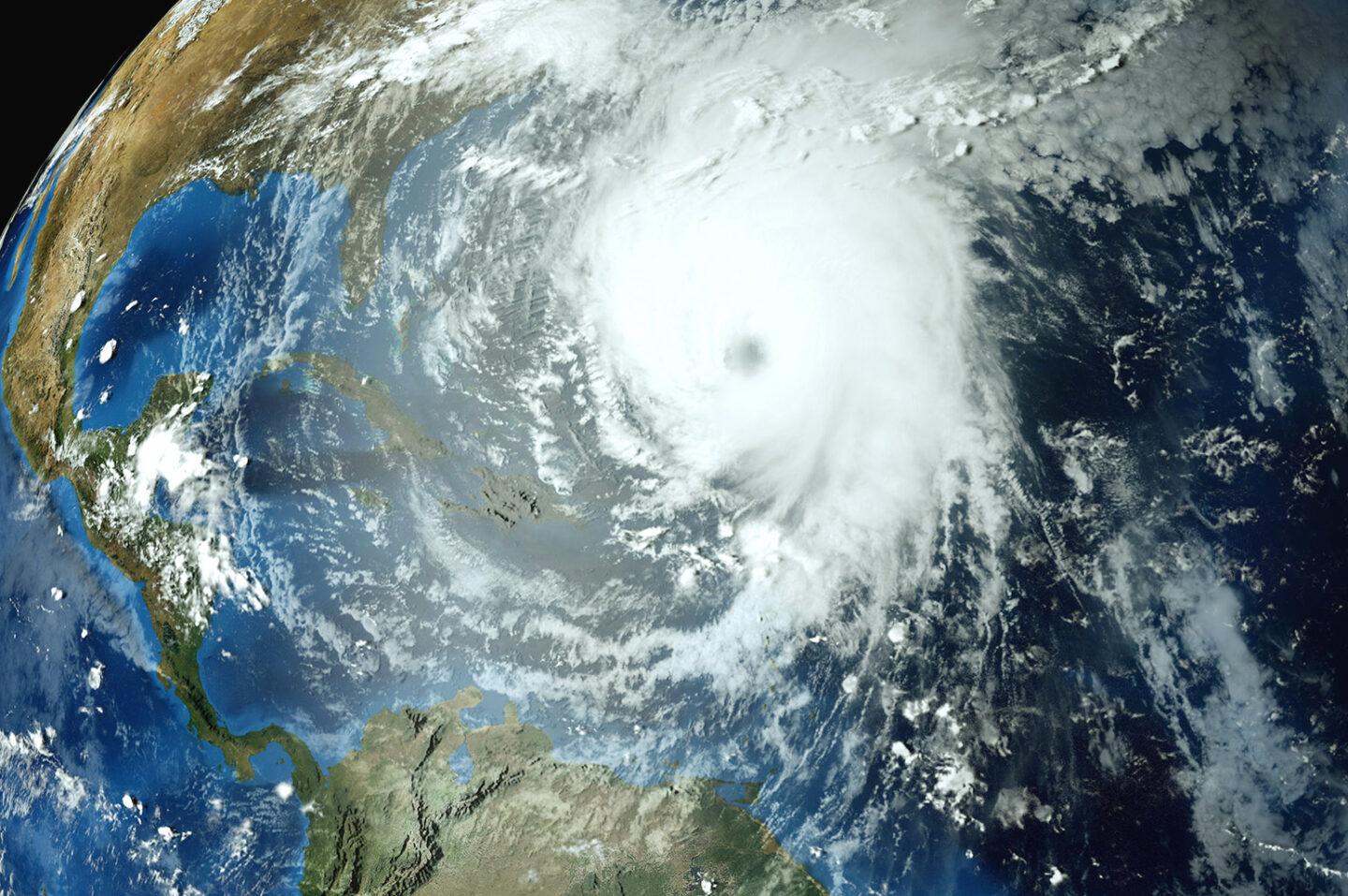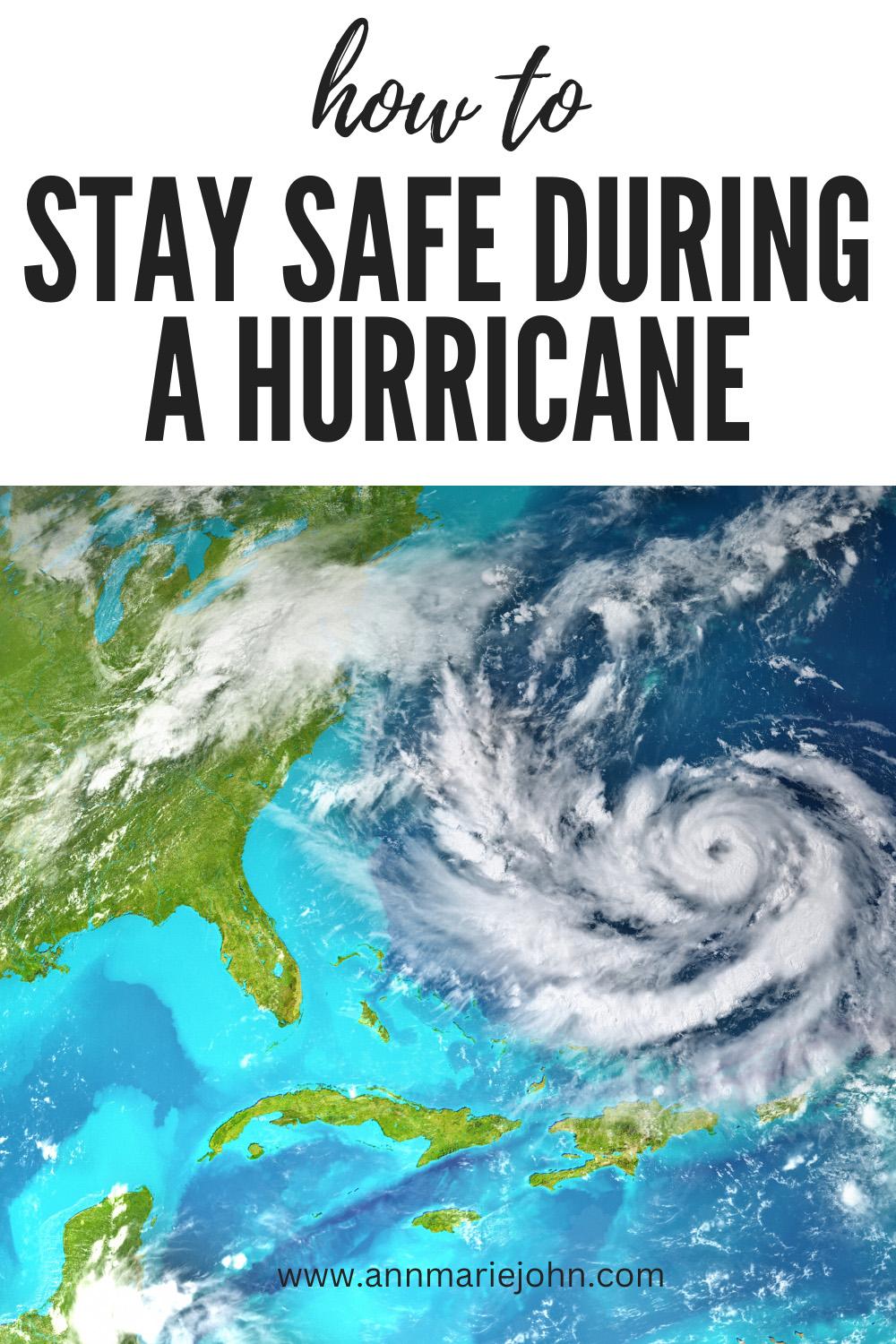Hurricanes can be incredibly dangerous, but with these tips, you can stay safe and protected.

As the COVID-19 pandemic continues to inflict damage on the world, we are also entering into hurricane season. Hurricanes can cause incredible destruction and havoc on cities and towns along the coastlines, leaving in their wake shattered homes, ruined businesses, and untold losses of life. It is important to stay informed about these natural disasters and take precautions towards staying safe during a hurricane.
In this blog post, we will explore some of the best practices for staying safe if you live in an area prone to hurricanes. From preparing your home with hurricane shutters and stocking up on emergency supplies to knowing when to evacuate and how to act during power outages, read on for more helpful tips.

Before the Hurricane: Preparation
First of all, it is important to make sure you are in a safe location and stay there until the hurricane has passed. If you live in an area that is likely to be affected, you should plan ahead and prepare your home for the storm. Gather essential items such as food, water, flashlights, batteries, and other supplies that may be needed during the storm.
Make sure you have a first aid kit on hand as well as any medications you may need. Secure all loose items around your home that could become airborne during the storm and trim any dead or diseased limbs from trees in your yard. If necessary, board up windows and doors with plywood or install shutters over them to provide more protection from wind damage.
You can also have a hurricane impact window installation done to provide even more protection. Additionally, fill your vehicle’s gas tank and keep the car in a garage or other secure location. Lastly, be sure to monitor the news or National Weather Service for updates on the storm’s track and intensity. It is also important to know evacuation routes and have an emergency plan in place so everyone knows what to do if they must leave their home.
During the Hurricane: What to Do
If you live in an area that is prone to hurricanes, it is important to know what to do in the event that one should strike. The first thing you should do is evacuate if you are told to do so by authorities. If you cannot evacuate, then hunker down and ride out the storm.
During the hurricane, make sure you stay away from windows and doors and take refuge in a sturdy room such as a basement or closet. If possible, get under a table or other piece of furniture. Cover yourself with a blanket or pillow to protect yourself from flying debris.
Listen to the radio or television for updates on the hurricane and be prepared for power outages. Have a battery-operated radio on hand so that you can stay informed. Try to avoid using candles, as they can be a fire hazard.
If your area is flood-prone, be prepared for flooding by moving important belongings to higher ground. Fill up your bathtub and sinks with clean water in case you lose access to running water. And finally, do not attempt to drive during the hurricane – this puts you at risk of getting stranded or being involved in an accident. Keep in mind, safety first!
After the Hurricane: Recovery
After the hurricane has passed, it is important to stay safe during the recovery process. Here are some tips:
- Avoid downed power lines and standing water.
- Wear protective clothing and footwear when cleaning up debris.
- Be cautious when re-entering your home or business – watch for weakened structural damage.
- Throw out any food that has come into contact with flood water.
- Contact your insurance company as soon as possible to start the claims process.
Keep in mind that the recovery process can take months or even years, so it’s important to remain patient and stay safe during the process. Plus, there are many government, non-profit and faith-based organizations that can provide assistance with the recovery process. Not to mention, volunteer groups that can help with debris removal and rebuilding efforts.
In Conclusion
Staying safe during a hurricane requires preparation and knowledge. By following the steps outlined in this article, you can protect yourself and your family from potential harm. Be sure to monitor local news for updates about your area and follow the advice of emergency officials when necessary. Remember that safety always comes first – be prepared and stay informed so you can make thoughtful decisions if faced with an impending storm. Keep in mind that the recovery process can take time, so stay patient and seek assistance if needed.
